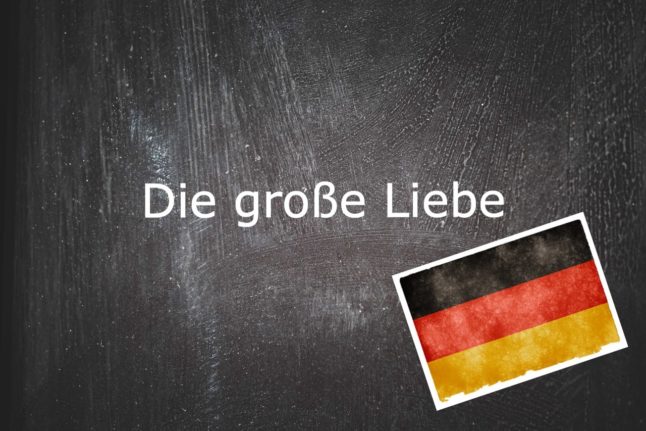Why do I need to know Die Große Liebe?
With Valentine’s Day approaching, love is in the air. Die große Liebe is a key phrase to have in your repertoire when it comes to conversations about love in Germany. And it can also come in handy if you want to learn more about German cultural history.
What does it mean?
Translating directly to “the great love,” die große Liebe also functions as the German equivalent of “love of my life.” Nowadays, it is mostly used in a light-hearted manner, but the term is also linked with a darker period of German history.
If you plug the phrase into Google, the first result you will get is for the 1942 film “Die große Liebe”: the most commercially successful film in Nazi Germany. It follows a German fighter pilot who falls in love with a famous Danish singer, but puts off their wedding in order to aid Germany’s war efforts against the Soviet Union.
Considered a classic example of Nazi propaganda, it is meant to demonstrate the virtue of placing one’s country above individual happiness. Love of country becomes the true “great love.”
Although the most famous example, this film is not the only one whose title uses the phrase, die große Liebe. There are at least ten (largely lighter) movies spanning from the 1930s to the 2010s carrying this name; a testament to the phrase’s long and enduring salience in German culture.
And if you flip through any German tabloid leading up to February 14th, you’ll likely see a slew of articles with tips on how to find die große Liebe.
Use it like this:
Ich bin hier, um die große Liebe zu finden.
I’m here to find the love of my life.
Vielleicht werde ich eines Tages die große Liebe finden.
Maybe one day I’ll find the love of my life.



 Please whitelist us to continue reading.
Please whitelist us to continue reading.
Member comments